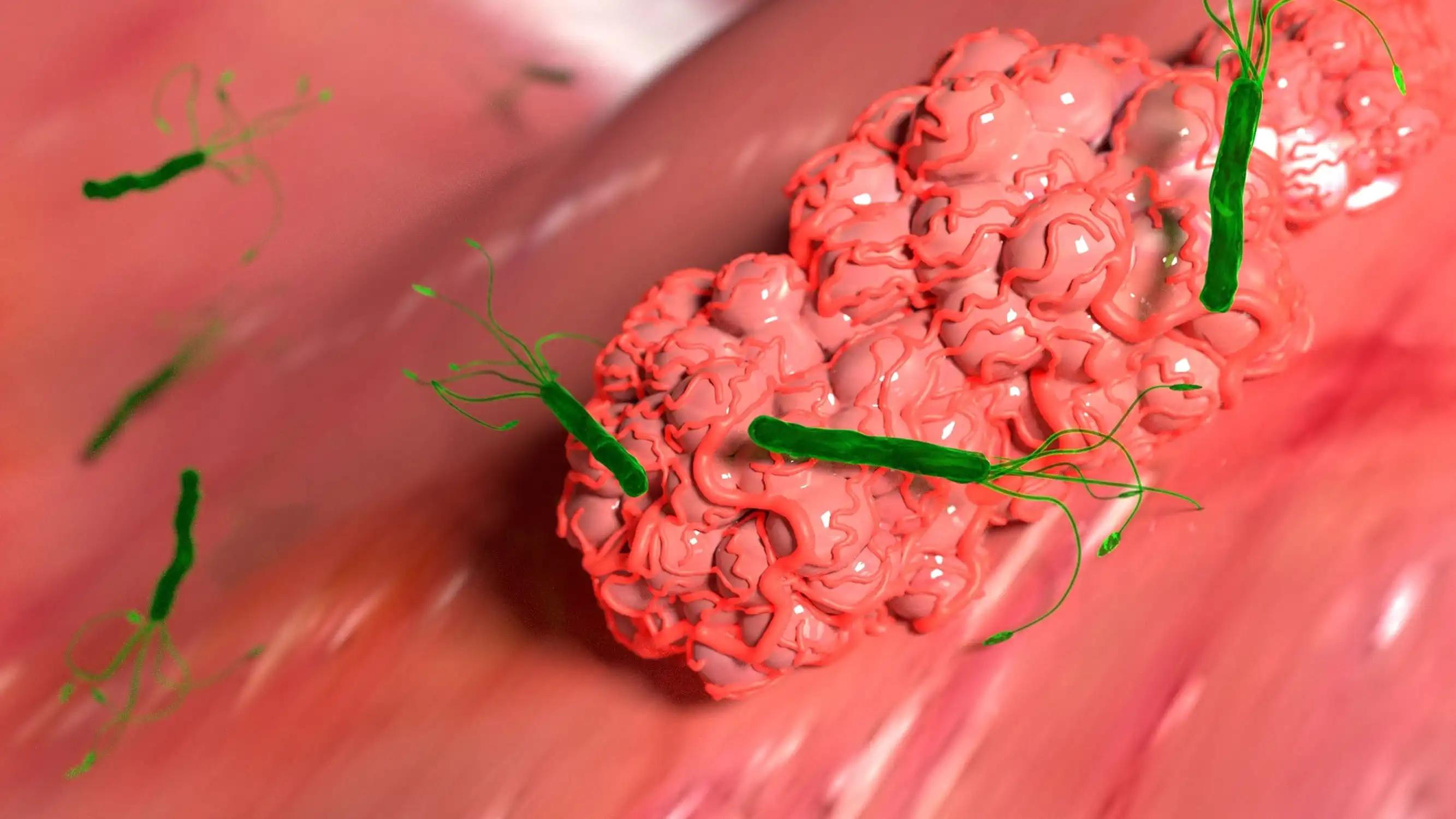KEY TAKEAWAYS
- The phase 1 trial aimed to investigate the efficacy of immune-based interception strategies targeting mKRAS in individuals at high risk of developing PC.
- The primary endpoints were to determine safety and mKRAS.
- Researchers noticed vaccine-induced mKRAS-specific T-cell responses show promise in patients with PC.
The development of pancreatic ductal adenocarcinoma (PDAC) has unfolded over more than a decade, presenting a distinct opportunity for early intervention. Mutant KRAS (mKRAS), a common anomaly in PDAC and pancreatic premalignancy, is being explored as a target for immune-based interception tactics among patients with high-risk pancreatic cancer (PC).
S. D. Haldar and the team aimed to assess the efficacy of immune-based interception strategies targeting mKRAS in patients with high-risk PC.
They performed an inclusive analysis of a single-arm, open-label, second-in-human phase I study investigating a pooled synthetic long peptide (SLP) vaccine with poly-ICLC adjuvant targeting up to 6 mKRAS subtypes (G12D, G12R, G12V, G12A, G12C, G13D) in patients with hereditary predisposition to developing PDAC (NCT05013216). Key inclusion criteria involved radiographic evidence of a pancreatic abnormality and eligibility under at least one of three high-risk groups based on family history of PDAC and/or germline mutation status.
The vaccination schema entailed administering the mKRAS vaccine on weeks 1, 3, 5, and 13. Peripheral blood was collected at baseline and in weeks 5, 13, and 17 for immunogenicity analysis using IFN-gamma ELISpot. Co-primary endpoints included evaluating safety and mKRAS-specific T-cell response.
At the data cutoff (November 15, 2023), 15/20 planned patients were vaccinated in the study and evaluated for immunogenicity. All 15 patients achieved an mKRAS-specific T cell response, defined by the maximal fold change in the pooled average IFN-gamma-producing mKRAS-specific T cell density within 17 weeks post-vaccination (median: 12.3, range: 3.1-167). Differential immunogenicity elicited by individual mKRAS epitopes was noted in this cohort.
Specifically, the mKRAS G12V peptide induced the highest fold change increase in antigen-specific T cell expansion (median: 32.6, range: 2.9-243), while the mKRAS G12D peptide was the least immunogenic (median: 7.6, range: 0.4-104).
Regarding safety, all adverse events were grade 1 or grade 2 in severity per NCI CTCAE v5.0. The most frequent vaccine-related adverse events were injection site reactions (93.8%), fatigue (62.5%), chills (43.8%), and headache (37.5%). No safety signals were observed.
The study concluded by showcasing, for the first time, the elicitation of mKRAS-specific T-cell responses through vaccination among high-risk individuals predisposed to PDAC. These results serve as a pivotal proof-of-concept, propelling the advancement of vaccine strategies to intercept pancreatic cancer development in vulnerable populations.
The trial was sponsored by the Sidney Kimmel Comprehensive Cancer Center at Johns Hopkins.
Source: https://www.abstractsonline.com/pp8/#!/20272/presentation/11400
Clinical Trial: https://clinicaltrials.gov/study/NCT05013216
Haldar S. D., Huff A., Abou Diwan E., et al. (2024). “Mutant KRAS peptide-based vaccine in patients at high risk of developing pancreatic cancer: Preliminary analysis from a phase I study.” Presented at AACR 2024 (Abstract CT022).



